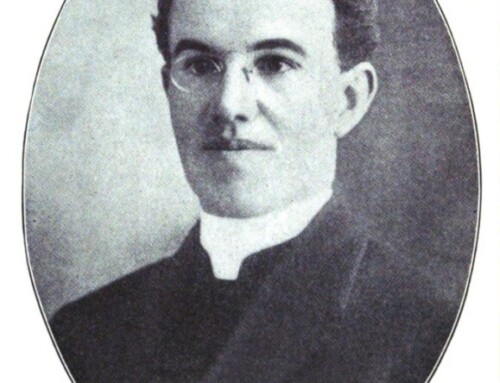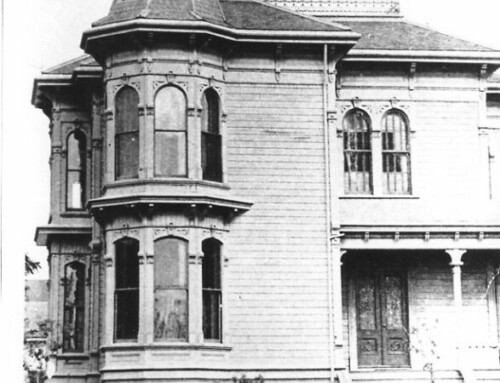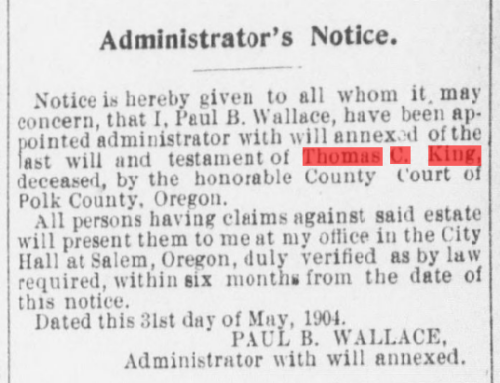by Richard van Pelt, WWI Correspondent
“Home Looks Good To the Returning Globe Trotters” read the day’s headline describing the return of several hundred Americans returning to this country, having been caught in Europe at the outbreak of war. “Throw Kisses At Statue of Liberty” and “All Sing ‘America’ as Liner Carries Them Up the Harbor” described the relief of refugees arriving on the liner Potsdam from Rotterdam and Boulogne.
One passenger described being in Paris when troops were called up. The passenger related that “Waiters in Paris cafes . . . threw off their aprons as soon as the call was issued and rushed to the recruiting stations to enlist, leaving food on the tables. Business in Paris was paralyzed by the withdrawal of men.” A second passenger, fearing her return voyage would not leave, travelled to Rotterdam when she slipped on board the Potsdam as a stowaway. The same passenger described being in Sarajevo three days after the assassination. “All Sarajevo is for Servia,: she said. “Bombs were thrown at Austrians for a week after the assassinations.”
A federal commission on industrial relations met in Seattle to take testimony on working conditions in the northwest. Here is the Journal’s reporting:
LABOR LAWS OFFER NO REAL SOLUTION OF LABOR TROUBLE
No Labor Laws Enforced Unless Labor Organizations are Strong
Editor Suggests Most Drastic Law
“Withdraw Protection From Those Denying Employes Right to Organize”
“Labor laws! They help some. But they offer no real solution. The remedy is labor organization.” said E. B. Ault, editor of the Union Record, testifying before the federal commission on industrial relations this morning. “There never have been a labor law that was enforced where there was not sufficient labor organization to enforce it, even if the public officers are willing to do what they could. The eight-hour law for women in this state is constantly violated in the industries where the girls are not well organized. It cannot be enforced because the girls will not testify against their employers and you cannot blame them for not wanting to lose their jobs.”
“Million Germans on Belgium Soil” headlined an article that estimated one million Germans were advancing through Belgium toward the French frontier. The Liege fortresses were holding up the German advance and fighting was reported at Longwy, France and along the length of the Franco-German frontier.
Off the California coast, the threat of a naval confrontation between the German cruisers Nurnburg and Leipsic with a combined force of French and British sloops, cruisers and submarines was reported as “more than possible in the near future.” The paper reported that the opposing forces could “effect a junction before sundown.” The captain of the steamship Beaver reported that the British sloop, The Algerine, was stripped for action. The ships were not in the area. One of the British sloops, HMS Shearwater, had departed San Diego and was proceeding to Esquimault, British Columbia, and according to its log, was off of the Oregon coast. The Algerine reported in its log that it met up with and communicated with the USS Beaver and was informed of the declaration of war.
“According to the Beaver captain, the vessels stood by and carried on a long conversation through megaphones. the Algerine, he said, had been cruising about aimlessly for ten days and had received no word from the outside world. She did not even know, he said, that France and Germany were at war. A request was made that if the Beaver met the German cruiser Leipsic that the latter be not told of the Algerine’s presence in northern waters.”







Leave A Comment